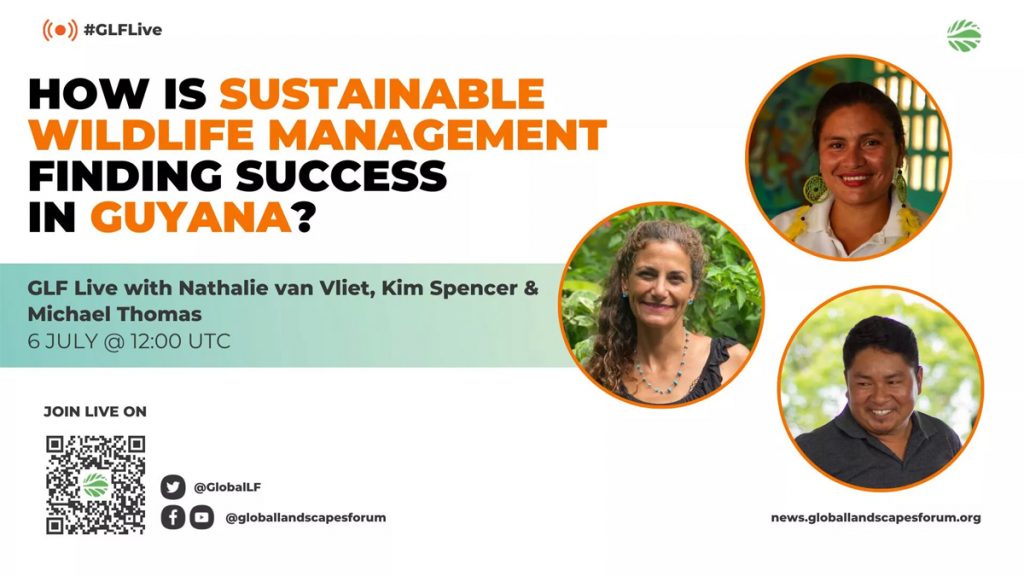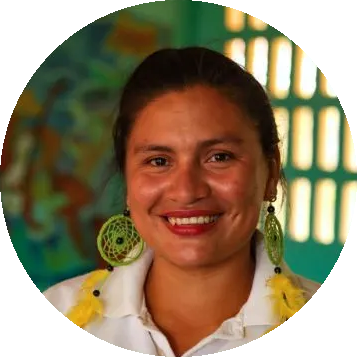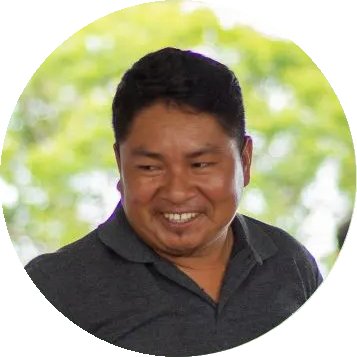
Millions of people around the world still rely on wild meat as part of their basic diet, with an estimated 5-8 million people depending on bushmeat consumption in South America alone. However, unchecked hunting in environments already under pressure can contribute to the depletion of wildlife, threatening entire ecosystems as well as the people who rely on them.
The Sustainable Wildlife Management (SWM) Programme is a major initiative of CIRAD, the World Conservation Society (WCS), the Food and Agriculture Organization (FAO) and CIFOR-ICRAF that aims to improve wildlife conservation and food security. The program focuses on three key socio-ecosystems: forest, wetland and savannah, with CIFOR-ICRAF leading the work on “Consumption of wildmeat becomes sustainable” and on “Monitoring and evaluation mechanism”.
This collaborative project develops scalable approaches to conserve wild animals and protect ecosystems, whilst at the same time improving the livelihoods of the Indigenous Peoples and rural communities who depend on these resources. In this GLF Live, three experts gather to discuss the CIFOR-ICRAF-led SWM project in Guyana, their successes in the past few years, lessons learned, plans for the next five years, and how this project could be replicated or scaled up.
Speakers
















